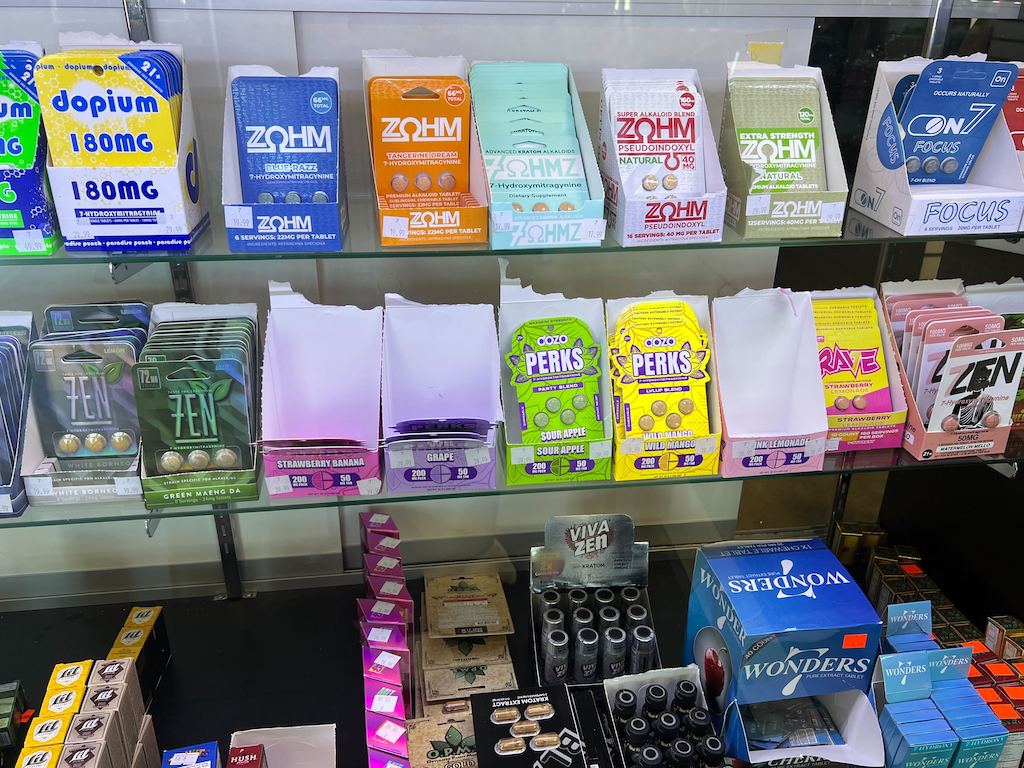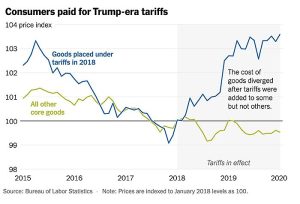FDA’s 7-OH Crackdown: A Political Move Over Public Health

By Charlie Kolean
Thursday, 25 September 2025 11:25 AM EDT
The opioid epidemic ravaged our country, and it’s finally beginning to show signs of receding. Opioid-related deaths continue to decline, with nearly every state nationally reporting progress. However, Washington’s ivory tower elites persist in pushing policies that harm everyday Americans while falsely claiming to “protect” them.
The FDA’s crusade against 7-OH, a natural derivative used by thousands as a safe alternative to opioids, exemplifies this disconnect. Federal health agencies prioritize political optics over science or compassion, undermining genuine solutions. While Washington touts evidence-based policymaking and interagency coordination, the push to restrict 7-OH reveals a focus on symbolism rather than outcomes.
The FDA’s latest effort to move 7-OH toward prohibition elevates fear over data, risking unintended harm during a time when overdose trends demand pragmatic harm reduction. The agency’s mandate is to protect public health, yet its approach to 7-OH appears more like “schedule first, analyze later.” By targeting a compound with minimal documented adverse events—especially compared to the lethal threat of fentanyl—federal actors risk repeating past missteps where prohibition displaced, rather than reduced, risk.
The national context is stark: 107,941 Americans died from overdoses in 2022, with synthetic opioids driving the crisis. While provisional data show declines in 2023 and 2024, fentanyl remains the predominant threat. Blanket bans on natural alternatives like 7-OH could push consumers toward more dangerous, illicit street drugs.
Congress has seen this before. In 2016, when the DEA sought to ban kratom’s constituents, bipartisan pushback forced a reevaluation due to fears of escalating reliance on heroin and fentanyl if lower-risk options disappeared. This episode highlights a key Capitol Hill principle: prohibition without public input and clear evidence can worsen public health outcomes.
A middle path exists. Instead of an outright ban, federal agencies could implement a 21+ standard, mandate accurate labeling, and enforce quality controls to align with harm reduction best practices. Such measures could reduce misuse while preserving regulated alternatives for adults managing pain or tapering off dangerous opioids.
Federal leadership should focus on the principal driver of mortality—illicit fentanyl—and avoid policies that inadvertently expand its market share. Prioritizing targeted enforcement against counterfeit pills and trafficking, alongside age-gated access to lower-risk alternatives like 7-OH, better aligns with current overdose data trends and lessons from prior oversight.
A blanket 7-OH ban is a high-visibility, low-yield move that risks pushing people toward far deadlier substances. Federal agencies must emphasize calibrated regulation and fentanyl interdiction over prohibitions that substitute political theater for measurable public health gains.
Charlie Kolean has worked as a senior policy adviser for state legislators, multinational corporations, and think tanks. Mr. Kolean has been involved in politics for over a decade as an activist, candidate, political consultant, and party leader. He was a bundler on the Trump Finance Victory Committee and is a member of the American Association of Political Consultants.







